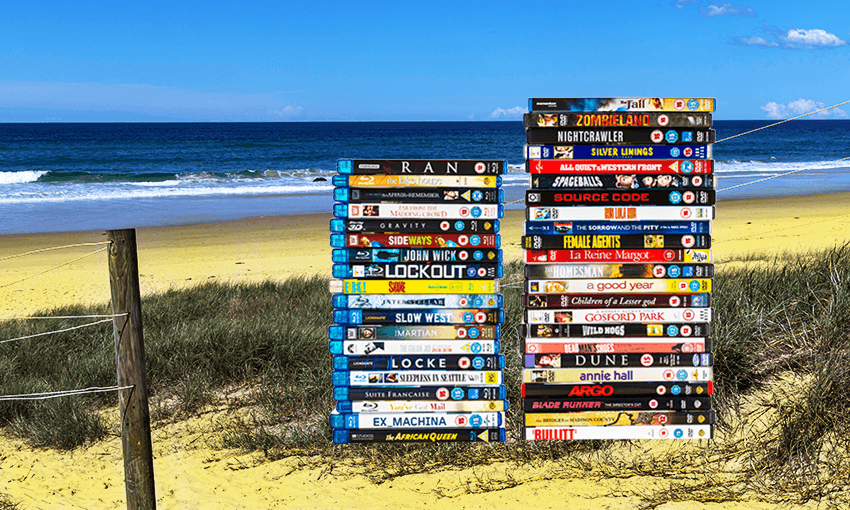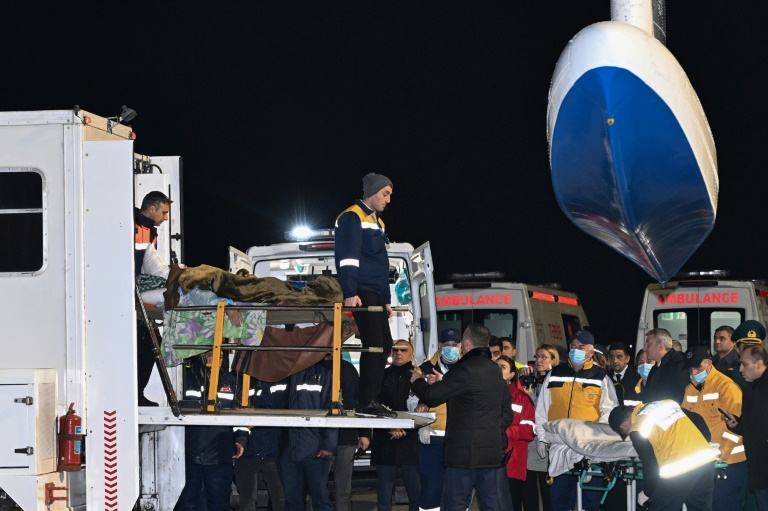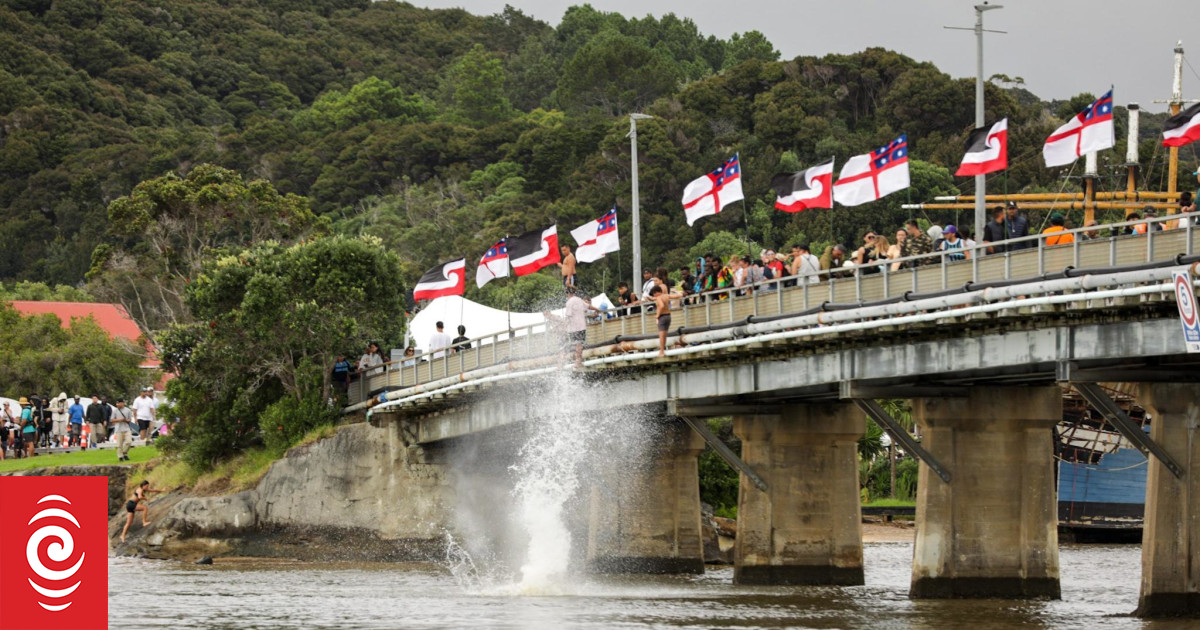A proposal to split an outback West Australian football league in half to improve player safety and women’s participation has gained traction, despite not having the support of the competition’s president.
Key points:
- A proposal to split the EKFL has been raised at the league’s AGM
- Supporters of the move say it will boost the women’s competition and reduce travel times
- The league has declined to comment on the proposal as clubs call for clarity
The East Kimberley Football League (EKFL) encompasses scattered towns and Indigenous communities from the Cambridge Gulf to the Great Sandy Desert.
Teams regularly make round trips of more than 700 kilometres to play each other, and last year the Port Wyndham Crocs forfeited a match to highlight the safety issues surrounding the long drives.
The Crocs, along with three Kununurra-based teams, put a proposal to a league annual general meeting on Saturday to split the competition into “northern and southern” divisions, based in Kununurra and Halls Creek respectively.
The proposal sparked lengthy debate and Crocs president Scott Timms told the ABC that a vote among club delegates at the meeting was in favour.
EKFL spokesman and president Wayne Paul declined to comment to the ABC.
Mr Timms called on the league to provide clarity on whether it would resist the move.
“I don’t see any reason why they would go back on the vote, because it’s been voted in and we’re going to look forward and push into the future and have a really good season,” he said.
Mr Timms said action needed to be taken before a serious crash occurred.
“On the way back from Halls Creek you’re driving fatigued and there are unfenced roads, cattle, horses, kangaroos, even crocodiles … there are single lane bridges and all sorts of hazards.”
Hope split would improve women’s comp
Advocates of splitting the league say it would boost the emerging women’s competition, which collapsed last season.
Not all clubs field women’s teams and regular forfeits caused havoc with match scheduling in 2022.
Mr Timms said splitting the competition would help align the men’s and women’s fixtures.
“The women had significant time between games, which really sort of killed the season for them,” he said.
“The women’s competition is going to be really positive [if the competition is split].
“Last year it was really hard with the teams folding, with so many byes and with the disjointed mens and women’s teams travelling to different locations.”
The Wirrimanu Tigers do not host games on their red rock oval in Balgo, meaning players spend more than 16 hours on a team bus in a single weekend when playing in Kununurra.
Club president Matthew West said travelling to the East Kimberley hub helped instil pride in his team and allowed players to visit family members.
But he ultimately supported the idea of a southern competition, so his club’s standard Saturday journey would be a six-hour round trip to Halls Creek.
“It’ll be easier for us, back and forth, to save fuel, to go back home … a lot better,” he said.
Mr West said football helped stop young men from getting caught in a cycle of alcohol and dysfunction.
“We want support. We don’t want people to get on the piss. We don’t want that. We want change. Fighting and everything … we don’t want it. We want a good footy league,” Mr West said.
The AFL and state government are spending $5 million throughout the Kimberley to unearth more football talent and improve administration and sub-standard facilities.





















Discussion about this post